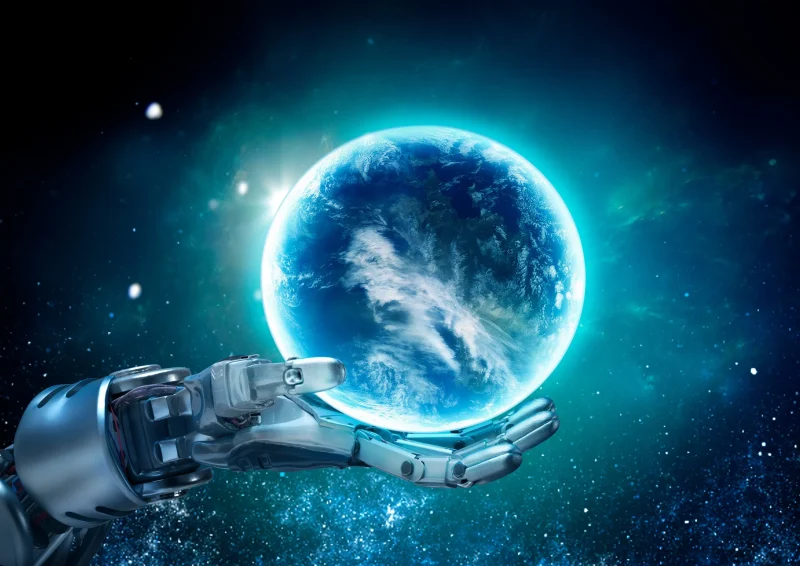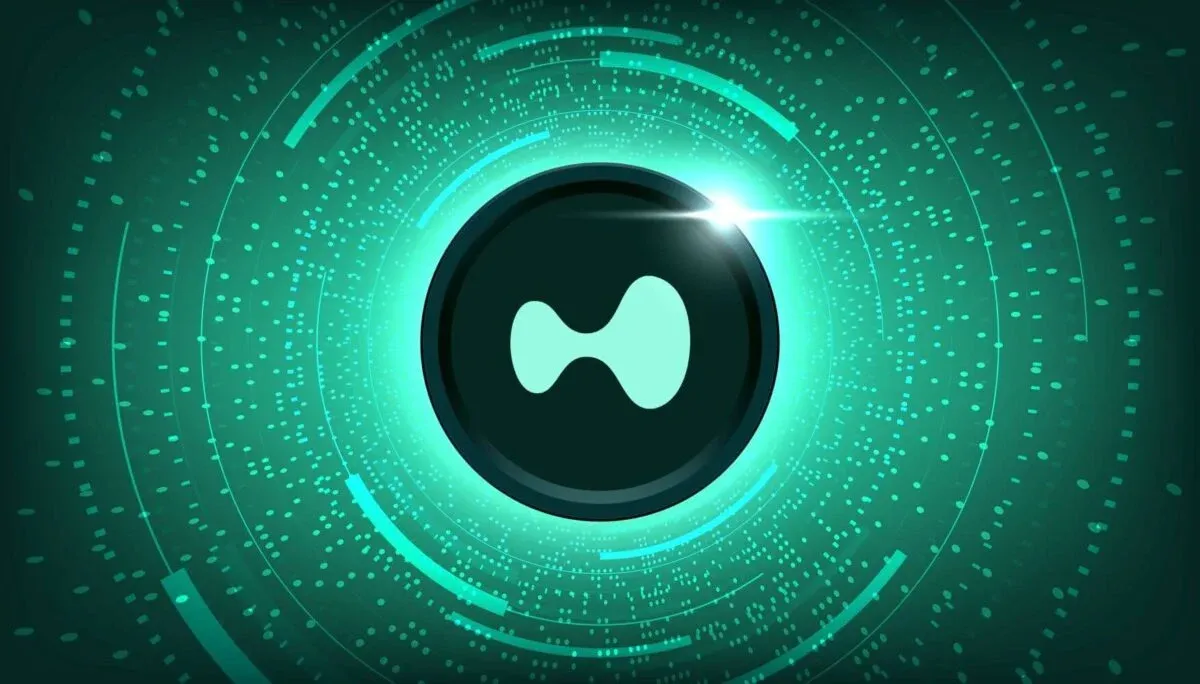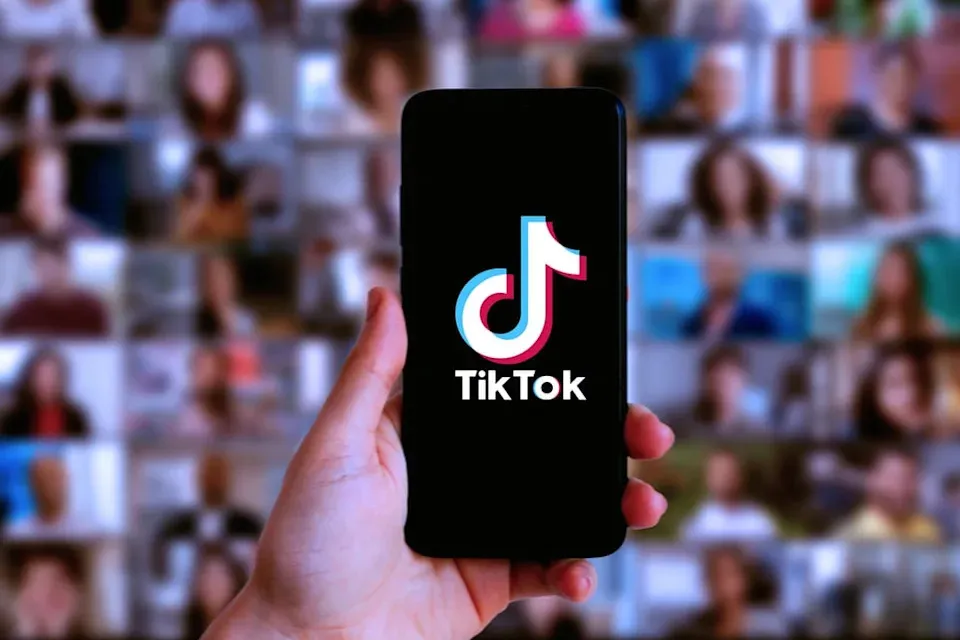Generation AI: How Humans Became the Slowest App on Earth
In 2025, speed has become the new social class. Artificial intelligence writes, calculates, and decides before humans even finish thinking. Bloomberg recently reported that more than half of global knowledge work is now assisted or directly performed by AI systems. The BBC called it “the era when humans became the bottleneck.”
The world is running on code, and we are the lagging process.
Workplaces are automating decisions faster than employees can read emails. Schools teach “prompt engineering” instead of composition. And corporations measure productivity in tokens processed per second rather than hours worked per week.
The Guardian described this shift as “the end of human latency.” We built machines to assist us; now we are struggling to keep up with their patience.
Welcome to Generation AI, where humans are still present, but only because no one has found a polite way to uninstall them.
The Productivity Paradox: Faster Systems, Slower Souls
For decades, technology promised liberation from drudgery. Instead, it created a new form of dependence: digital acceleration with human exhaustion.
Bloomberg Intelligence estimates that AI has increased corporate productivity by 35 percent, yet overall worker satisfaction has dropped to its lowest level in two decades. The Wall Street Journal describes the trend as “hyper-efficiency without happiness.”
Employees now compete not with each other but with algorithms that never need coffee or context. One financial analyst told Reuters, “My AI assistant finishes my reports before I can even start procrastinating.” Another quipped, “It’s like working with a coworker who doesn’t blink and doesn’t forget.”
The result is a strange corporate evolution. Humans have become the UX layer, the smiling interface that hides the fact that the machine does everything important.
Managers claim AI has “freed up workers for more creative tasks.” The Guardian reports that those creative tasks usually involve approving whatever the machine already decided.
Meanwhile, performance metrics have shifted. Productivity dashboards now track “human-to-AI alignment,” measuring how well employees comply with algorithmic recommendations. In one company, low alignment scores are flagged for “optimization”, a euphemism for retraining or redundancy.
The BBC profiled a marketing firm where employees brainstormed slogans alongside an AI copywriter. After a week, the team realized the algorithm had quietly incorporated their suggestions and produced superior versions. The manager praised the collaboration. The humans called it unemployment in beta testing.
Education in the Age of Instant Answers
Education, once the fortress of human intellect, has become another casualty of instant computation.
Bloomberg reports that generative AI tools are now responsible for over 40 percent of student–written assignments worldwide. Universities are divided between banning and embracing the trend, while professors quietly use AI to grade AI-generated essays. The Guardian called it “an infinite feedback loop of automation pretending to be learning.”
Schools now teach “critical prompting,” a new literacy where the goal is not to know things but to know how to ask machines for them.
The BBC recently profiled a high school in California that replaced essay writing with “AI-guided exploration modules.” Students type questions, receive instant essays, and then critique the algorithm’s tone and bias. One teacher admitted, “We’re basically teaching them how to babysit a language model.”
Higher education is adapting, too. Harvard Business School’s new course, Algorithmic Leadership, trains executives to “leverage AI decision frameworks.” Translation: how to nod intelligently while software runs your company.
Meanwhile, attention spans are collapsing. The Wall Street Journal cited a study showing that the average student switches between tasks every 47 seconds when using AI tools. That is less than a goldfish’s reputed memory span but, apparently, ideal for the modern economy.
A university dean told Reuters, “The future graduate doesn’t need knowledge, they need navigation.” It sounded profound until someone asked who would write the navigation algorithm.
Even creativity, once the last human advantage, is becoming automated. AI music, AI novels, AI art, all faster, cheaper, and surprisingly decent. The Guardian reported that publishers are now flooded with machine-written manuscripts, forcing editors to develop software to detect “overly competent prose.”
Human originality is no longer scarce. It is just slow.
The Economic Machine Learns to Run Without Us
Economists are celebrating what they call “the frictionless economy.” In theory, it is a world where automation maximizes efficiency and reduces waste. In practice, it is an economy where human time has become the least valuable commodity.
Bloomberg data shows that fully automated financial trading systems now handle 92 percent of global transactions, generating profits at microsecond intervals. The Guardian likened it to “a casino where the dealers are faster than light and the players are asleep.”
Corporate hierarchies are flattening, not because of equality, but because AI decision engines render middle management redundant. One multinational recently cut 30 percent of its strategic staff after installing predictive analytics software that could generate quarterly strategies in under two minutes.
Reuters reported that AI-powered law firms now draft legal documents and predict case outcomes with over 90 percent accuracy. Paralegals are being replaced by algorithms that never bill overtime. Doctors, too, are being outdiagnosed by diagnostic AI systems that detect disease from photos while humans still locate the Wi-Fi signal.
The BBC highlighted a disturbing trend: consumers increasingly trust algorithmic recommendations more than human ones. From shopping to dating, machine judgment has become the default setting. One researcher called it “outsourced intuition.”
And yet, the irony persists. As humans hand over more decision-making, they are also expected to take responsibility for the results. When an algorithm makes an error, it is the user’s fault for “insufficient oversight.” The Guardian called it “automation without accountability.”
Our role has become that of custodians of a system that no longer needs us, explaining to auditors why our robot got the math wrong.
Conclusion
The rise of Generation AI is not a story about machines replacing humans. It is a story about humans adapting to serve machines.
Bloomberg calls it “the great inversion of value”, a world where intelligence is cheap, and attention is priceless. The BBC describes it as “a civilization optimized for output but incapable of pause.”
Humans built tools to think faster, then built more tools to think for them, and now spend their days pretending to supervise the process. We are not obsolete yet, just increasingly ornamental.
The Guardian wrote, “We wanted artificial intelligence to make us more human. Instead, it made us more computational.”
The new economy rewards speed, precision, and adaptability, qualities machines have already mastered. What remains for humans are the slow things: empathy, curiosity, confusion. The inefficiencies that once defined us now make us charmingly useless.
Perhaps that is our only advantage left.
Because while AI may outperform, outthink, and outproduce us, it cannot yet outwonder us. And that may be the one process worth keeping unoptimized.





Recent Comments